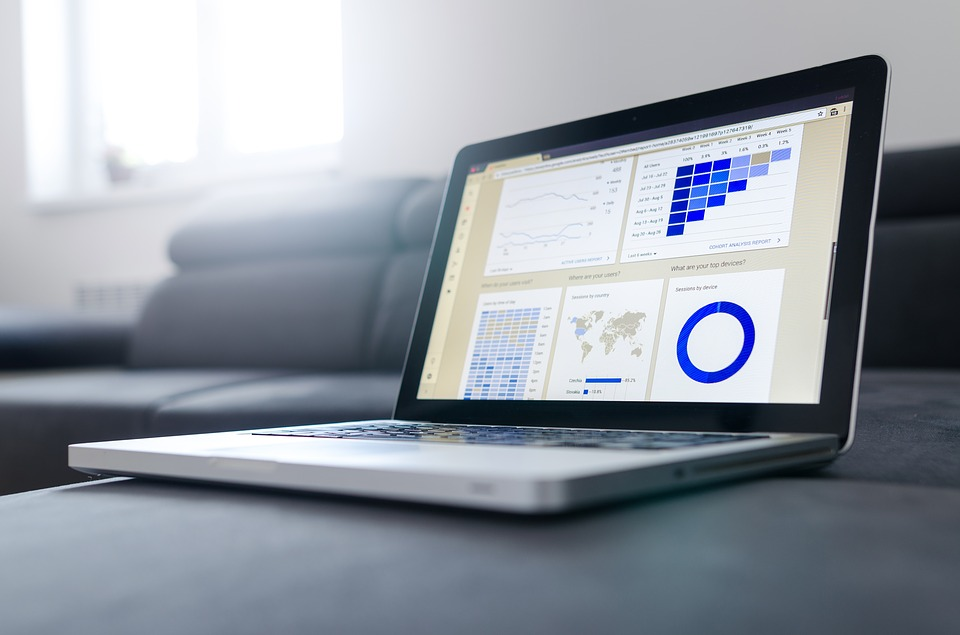The new lease accounting standard is intricate, with many complicated factors involved in transitioning. While some corporations have opted to use spreadsheets to manage their leases, implementing the lease standard with spreadsheets is risky.
Opting to use software is a smarter choice, but brings its own separate dilemma: how do you choose the right lease accounting software for your needs?
For CPA firms, it is important to analyze your firm’s goals, budget and client base to make the right choice when comparing options. Consider the following seven areas in selecting the best lease accounting software solution for you and your clients.
- Accounting
Complying with the new lease standard requirements is the most important factor to consider when evaluating software options. Depending on your client mix, you may need to consider both FASB (ASC 842) and IASB (IFRS 16). Look for these features and functionality that enable you to:
- Easily generate monthly journal entries and import those journal entries into the accounting system;
- Perform all required quantitative calculations to comply with the new financial statement lease disclosure requirements;
- Prepare lease amortization schedules that include all required accounts (e.g., right of use assets, short-term and long-term lease liabilities, interest expense, amortization expense, etc.) and journal entries;
- Customize account numbers and descriptions that match each client’s chart of accounts and journal entry formats;
- Simplify and document policy elections.
There should also be standard and customizable reporting options, with the flexibility to report on all different types of leases required.
- Flexibility & scalability
It’s important to find lease accounting software that meets the needs of all your clients, so flexibility and scalability are essential. Ask these questions:
- Is the software too focused on one industry, or can it address the needs of all asset types?
- Can you attach documents and notes to the lease record to hold all information and explanations in one place?
- Does the software work for clients with both a small or large lease portfolio, including various complexity of terms and provisions in those leases?
- How many users can access the platform?
- Accuracy
Accurately entering existing lease data into the software is a critical piece in choosing the right lease accounting solution. Consider these abilities:
- Features that ensure entering correct lease data, such as validations and wizards;
- Tooltips and hints to walk users through entering data and making calculations;
- Simple-to-use templates that allow importing in bulk the initial lease portfolio;
- Methods the software uses to ensure accuracy of calculations (ask about an Agreed-Upon Procedures report);
- Whether a Service Organization Controls (SOC) report is in place.
- Audits & reviews
One of the biggest advantages in using lease accounting software over spreadsheets is simplifying the audit and review process. Ensure there are built-in audit trails and transparency, as well as reporting options needed to audit inputs and outputs.
You want to ensure you’re maintaining your independence as a CPA firm, so ask if the system complies with AICPA guidelines for hosting services.
- Training & support
Implementation and ongoing support are critical areas to evaluate in lease accounting vendors. Ask questions such as:
- How comprehensive is the training and implementation process?
- What self-service training is available, such as guides and narrated videos?
- Can you access, or purchase later, additional training as needed?
- Is there ongoing support for users?
- Does the implementation and support team have a solid understanding of lease accounting or are they just generic customer service representatives?
- Are there added costs for any of the training, implementation, or support activities?
- Data access and security
As a CPA firm working with clients to implement the new lease standard, you’ll want to ensure that your chosen software solution enables that collaboration through different access capabilities. Are single-sign-on capabilities available for access across clients? Can your firm and clients both access the same information?
Data security is another of the major advantages of using lease accounting software instead of spreadsheets, but don’t just assume every system is secure. Do your due diligence to understand data security protocols and security standards.
- Pricing
Pricing is a huge concern when purchasing any new tool or software platform. Pricing will vary for each solution, but consider these factors when evaluating vendors:
- Are there additional fees for implementation or support?
- Does all the functionality come with the base price or are modules priced separately?
- Is it priced per user, per lease or a flat annual fee?
Dig deeper into lease accounting software pricing considerations here: leasecrunch.com/blog/lease-accounting-software-pricing-considerations
Thanks for reading CPA Practice Advisor!
Subscribe Already registered? Log In
Need more information? Read the FAQs




